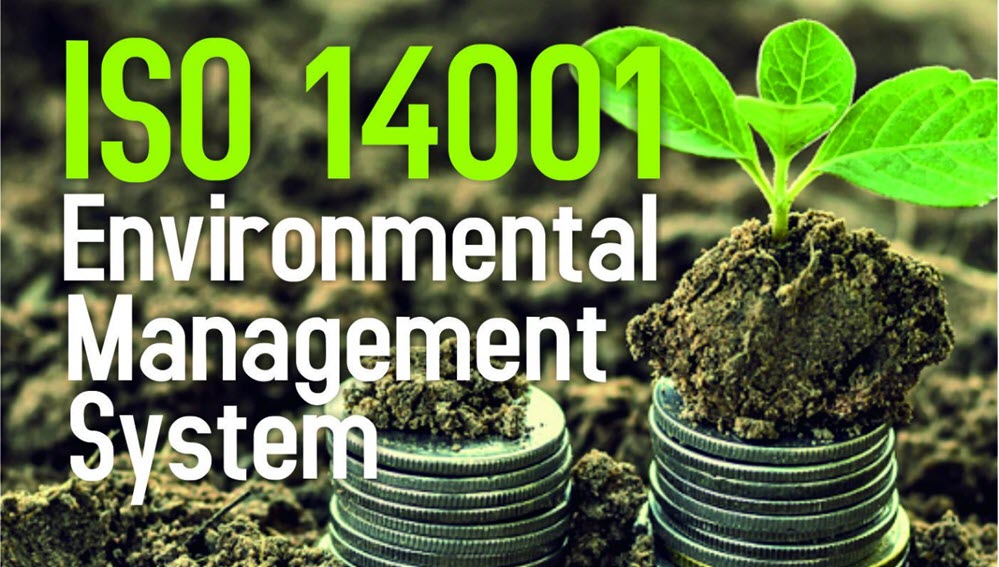EQMS Blog

Conducting Effective Supplier Audits Within Your Supply Chain
Conducting effective supplier audits is an established strategy in identifying, eliminating and preventing quality issues in a supplier management system, processes and products before the issues extends. However, there are several strategies to improve supplier audits.
An important factor in the effective and efficient maintenance and operation of a physical asset or a plant is the consistent supply of spare parts, equipment, services and consumables. There are numerous methods to improving the performance in this area other than just signing purchase orders. The goal should continuously be to attain workable improvement and a very good way to accomplish this is to regularly conductive effective supplier audits within your supply chain. It is shown from experience that this strategy of intervention cause several changes on the maintenance and could lead to large scale and long term improvements.
The Approach to Conducting Effective Supplier Audits
A successful supplier audit is one which perfectly institutes the particular state of the subject of audit and therefore gives useful recommendations for the improvement of the supply chain which is highly accepted by the organization being audited. However, this is only feasible if all staff including the management of the audited organization is completely committed and engaged in the supplier audit process and therefore are ready to give honest and open answers to every audit question. This attitude can be enhanced by going through these various steps;
- Perfect compliance criteria: The anticipated compliance criteria have to be documented before the commencement of the supplier audits.
- A well balanced approach: The auditors should accept the fact that every organization possesses both weaknesses and strengths in its supply chain and therefore work hard to capture both in the supplier audit.
- Professional principles: The audit personnel should conduct supplier audits in a way which is consistent with the standards of ISO 19011 which are;
- Ethical conduct: The basis of professionalism.
- Fair presentation: The responsibility to report accurately and truthfully.
- The required professional care: The application of good judgment and diligence when carrying out the supplier audits.
- Independence: The foundation for the independence of the supplier audits and the impartiality of the conclusions of the supplier audits.
- Evidence based approach: The sensible way to attain a reproducible and reliable supplier audit conclusions in an organized audit process.
The Scope of Effective Supplier Audits
The supplier audits should holistically cover the whole supply chain, from the production floor to the management and across the total length of supply services. The subsequent 5 major areas could be used as a guideline to make sure there is appropriate coverage;
- Strategy: A consistent and clear vision of the ways the auditing services will be given.
- Structure of organization: A proper structure of organization with perfect accountability and adequate resources to finish the needed work.
- People and skills: A staff which is well experienced and trained to carry out the process of supply.
- Organizational culture: One which absolutely encourages staff to conform with and continuously improve the processes of supply.
- Supply processes: A very thorough look at the cataloguing, management of demand, sourcing, vendor management, inventory management, disposal, purchasing, operation, required compliance and technology (the necessary tools most especially software which supports the staff in the implementation of the supply processes, also with the proper support and training.)
The Outcomes
An effective supplier audit within your supply chain will assist in achieving several benefits including;
- A comparison of the performance of supply in the various parts of your business and possibly against the standards from other businesses of the same nature and size.
- A prioritized and approved plan of action for the improvement of supply with costs, timing and all the needed resources.
- The reduction in the costs of procurement as well as MRO parts inventories in addition to the improvements in the productivity of stores and the level of service.
- The increase in the availability and reliability of plant and equipment.
- A more efficient contract management which therefore leads to a more efficient performance of the supplier.
- A cultural change from the usual mentality of just processing transaction to one that puts emphasis on the strategic improvement of supply as well as the increase in the reliability of the operation.
- Ensures that your supply chain complies with statutory and regulatory requirements and that CE-Marking is conducted in line with the requirements.
If you are looking to improve how you audit your suppliers or consider outsourcing your audit function, then contact us for a free consultation on how we can support with your project. Our auditors have a wide experience across several sectors as construction, manufacturing and development, and extensive knowledge of EN standards industries have to comply with as part of CE Marking.

Request a free consultation
Contact us to discuss your needs and see how we can support to reach your goal.

Recent posts

In today's digital age, businesses are constantly exposed to various cyber threats. As a result, companies must adopt a proactive approach to cybersecurity to prevent data breaches, theft, and other...

Quality management systems are essential in ensuring that organisations can deliver quality products and services consistently. The International Organisation for Standardization (ISO) developed the ISO 9001 standard to help organisations...

ISO 14001 is a globally recognised standard for environmental management systems (EMS) that helps organisations manage their environmental impact and improve their sustainability performance. Obtaining this certification demonstrates a company's...
Just a Few of Our Clients
Request a Free Consultation
Contact us to discuss your needs and see how we can support to reach your goal.












